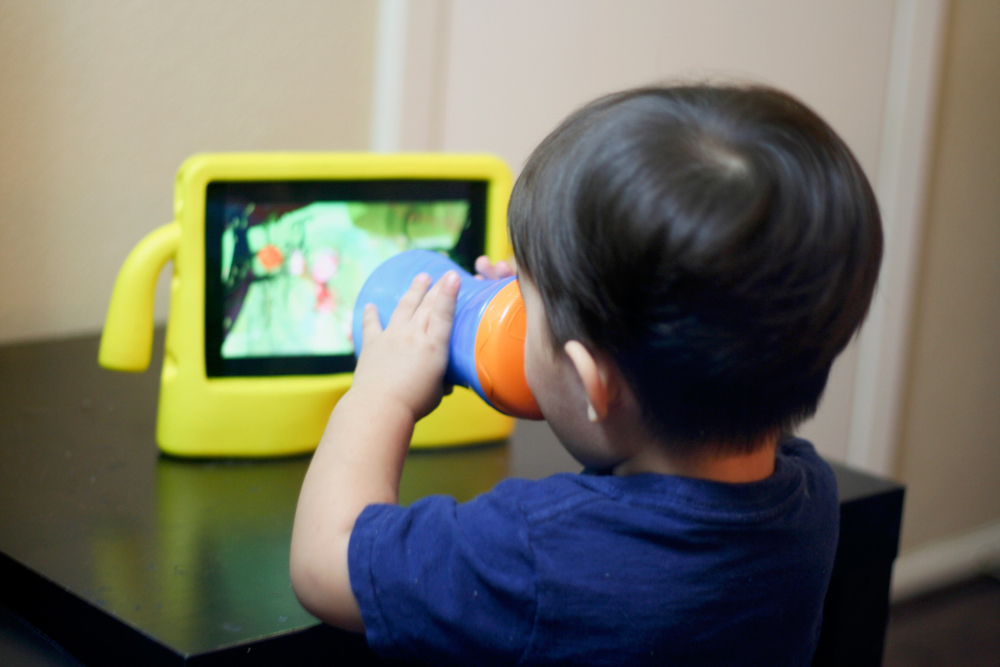How to manage screen time during school vacation
Children spend hours in front of screens every day. Screen time also includes laptop use in schools and homework on Teams, as well as the time spent on games and social media. The digital experience has both positive and negative impacts on their development. The internet has increased children’s access to useful information. However, it has also enhanced their exposure to certain risks and harms that can affect their physical and mental well-being.
Apart from online dangers, there are other negative effects of excessive screen time that have raised alarm bells. More time spent with gadgets is known to damage children’s creativity and intelligence to some extent. It decreases their awareness of their surroundings and affects standard behavior expectations. Playing games for hours makes them grumpy and less happy in general. The rise in digital connections has weakened real connections with loved ones. It is paramount to take effective measures to minimize children’s screen time, which include the use of parental supervision controls.
Read on to find out how to manage screen time better in the coming vacation.
Table of Contents
Plan interesting activities:

To minimize the use of online platforms, it is important to plan exciting leisure activities for children. Busy parents can book vacation clubs for younger children. Parents can also plan a weekend retreat for the whole family, which will motivate the children to prepare for the fun adventure. They can help with household chores during the week and find their favorite clothes to wear on the vacation.
Another idea is to invite children’s friends to play at home or in the nearby park. It takes away the burden of entertaining children all the time while giving them the opportunity to learn good social skills. You can negotiate playdates with other parents while your children can go to spend time with friends.
Painting, cooking, baking, and gardening are other useful activities that boost children’s well-being and teach them useful skills.
Invest in constructive toys:
It is a good idea to buy some inexpensive but beneficial toys, especially for the vacation. You can surprise your children by opening the package with them on the first day of their school vacation. Pick a few model kits for building in your free time. Check out plastic model kits that are available at great prices.
Puzzles, knitting, and Lego challenges are great pastimes for all ages. Instead of buying new Lego, challenge all families to build a new design out of the existing pieces. It will help develop their imaginative skills, besides giving hours of fun to your kids.
Read books together:
Revive book reading traditions within your family by reading books together. Parents can read to younger children and run a book club for the older ones. Borrow a book of common interest from the library and introduce it to your children by reading the blurb and information about the author. You can then set up meetups around certain times in the week to discuss what has been read. This will motivate children to read and improve their comprehension skills by sharing ideas and asking questions.
Find out more ideas about developing good reading habits in your children by reading as a family.
Help the neighborhood:
Helping others is a great way of spending time on useful pursuits. This will boost children’s confidence, self-esteem, and general well-being. You can start a neighborhood project together by trimming weeds or clearing litter from the streets. Parents can encourage older children to look after elderly neighbors by checking if they are okay and helping them with shopping or other basic jobs.
Another idea is to help local charities. Children can help a selected charity by raising funds from family and friends. A lot of people pay Zakat or voluntary donations during Ramadan and on other occasions. Kids love the excitement of making a positive difference in someone’s life. Engaging with the local community has immense benefits for children. It will help them grow into responsible adults with compassion and empathy.


